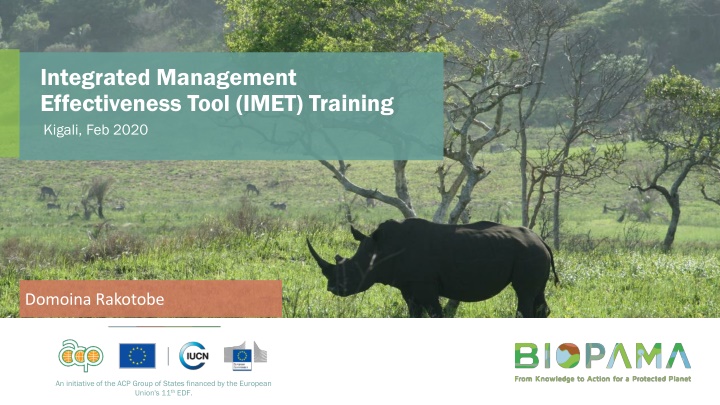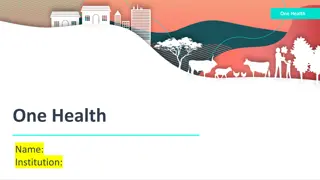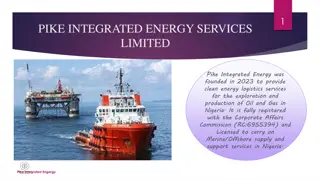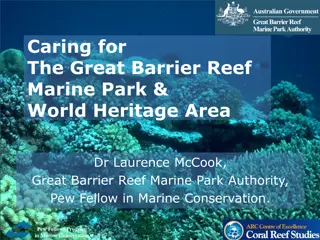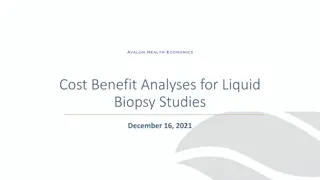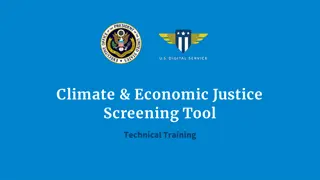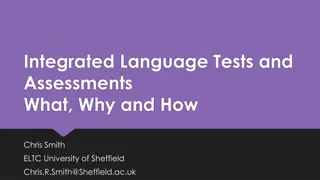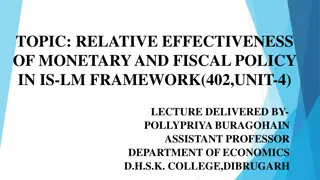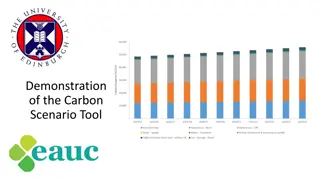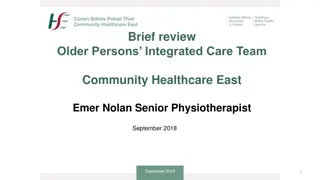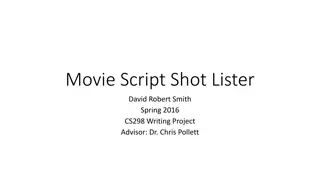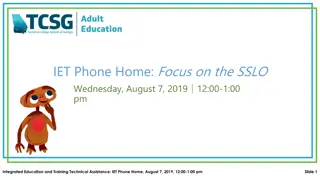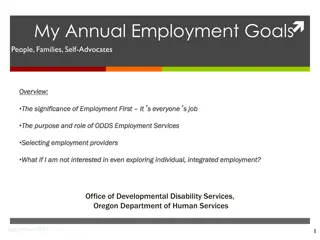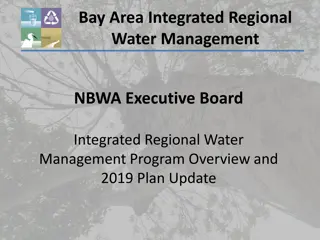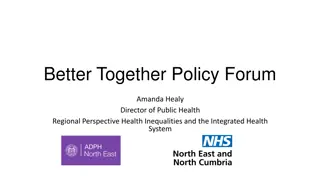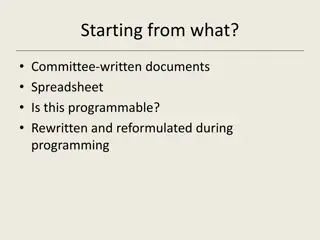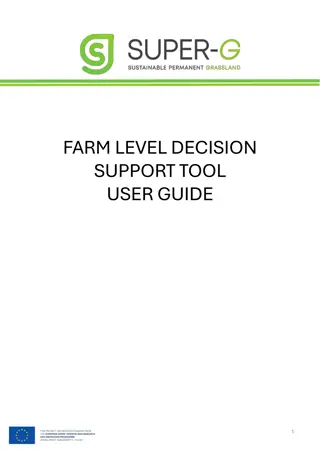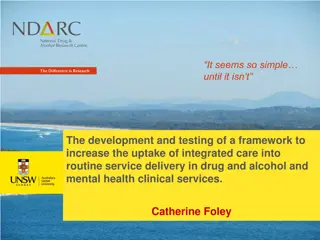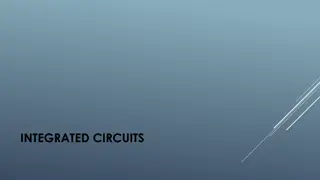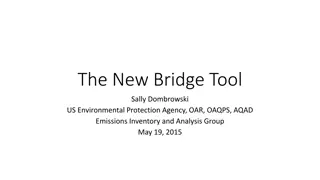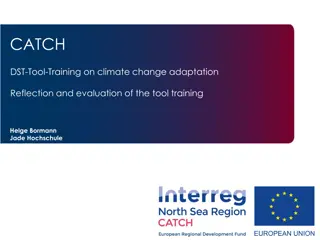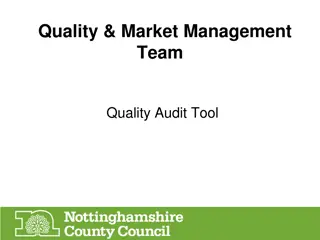Integrated Management Effectiveness Tool (IMET) Training Session Overview
This session provides insights on organizing an IMET assessment/campaign, coaching missions, and implementation details in West, Central, Eastern, and Southern Africa. Learn about key steps, roles of coaches, and how national agencies and NGOs can express interests for IMET assessments.
Download Presentation

Please find below an Image/Link to download the presentation.
The content on the website is provided AS IS for your information and personal use only. It may not be sold, licensed, or shared on other websites without obtaining consent from the author.If you encounter any issues during the download, it is possible that the publisher has removed the file from their server.
You are allowed to download the files provided on this website for personal or commercial use, subject to the condition that they are used lawfully. All files are the property of their respective owners.
The content on the website is provided AS IS for your information and personal use only. It may not be sold, licensed, or shared on other websites without obtaining consent from the author.
E N D
Presentation Transcript
Integrated Management Effectiveness Tool (IMET) Training Kigali, Feb 2020 Domoina Rakotobe An initiative of the ACP Group of States financed by the European Union's 11thEDF.
SESSION 8 SESSION 8 - Organizing an Organizing an IMET assessment/ campaign IMET assessment/ campaign An initiative of the ACP Group of States financed by the European Union's 11th EDF.
Objectives of the session At the end of the session, participants will be able to: Identify key steps and requirements to implement an IMET assessment or a campaign Understand roles of coaches, IUCN and national stakeholders in an IMET campaign
Implementing an IMET assessment / campaign What is the difference of an assessment and a campaign? How does it work? how long it takes? How much it costs? What and How could a country asks or implement an IMET campaign The coaching mission: what is a coach? What does he do? Experiences from Central and West Africa
IMET assessment / campaign Additional analysis PA Information & Interests on IMET PA site-level IMET assessment assessment Integration in Planning & Monitoring PA assessment PA assessment Validation & peer reviewed workshop Coach Training National conservation strategy COACH
Expressing interests Can be expressed by an individual or an institution for a PA, national agency or NGO No strict procedures .but BIOPAMA wants to know where IMET assessments are done Information & Interests on IMET For West and Central Africa: Tanya Merceron: tanya.Merceron@iucn.org For Eastern and Southern Africa: Sue Snyman: sue.snyman@iucn.org Leo Niskanen leo.niskanen@iucn.org
Coach & coach training Coach Coach: a PA expert that receives an intensive training on IMET, especially on the analysis aspects Roles Roles Introduce IMET to national agencies and interested organisations Lead national IMET training workshops At PA-level, aid management teams to use IMET and analyse the results Help management teams and host institutions to draw up proposals for improving management, monitoring and planning Ensure proper reporting of the process Share experiences and best practices to the IMET community of practices Coach Training COACH
Site-level PA assessment Preparation & communication : site selection, collect information, arrange logistics, administrative procedures, finding partners Duration: 3-4 days When / Time: depend on many factors Logistics: workshop, computers (2 at least), projector Budget PA site-level IMET assessment
Restitution For accountability and transparency process To promote further discussions with head of institutions, technical and financial partners Validation & peer- reviewed workshop What s the next steps after the validation workshop? Who to invite? What s the message? When to do it?
Next steps Need Need people (and people (and supporting to drive the to drive the next next steps With analytical skills Passionate about it At site-level : challenges to integrate into Planning, Monitoring and Evaluation systems At institutional level: strategic discussions At national level: policy discussions and developement supporting institutions) institutions) steps Additional analysis Integration in Planning & Monitoring National conservation strategy
The Biodiversity and Protected Areas Management Programme (BIOPAMA) is an initiative of the ACP Group of States financed by the European Union's 11th EDF.
